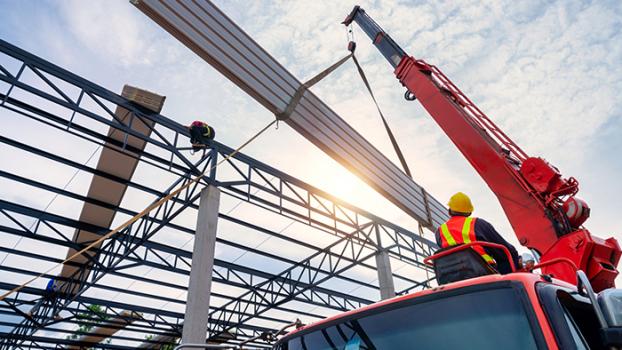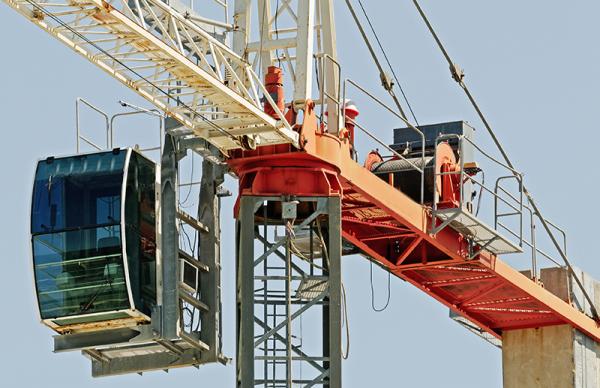
Crane hoist or lift operator
Crane operators use cranes to lift and move heavy objects at locations such as construction sites, large-scale manufacturing operations, mine sites, wharves and other work sites. When setting up at a site, crane operators must check the condition of the ground, ensuring that it is firm and level, and for any potential obstacles, such as overhead powerlines. They must also be aware of the safe working limits of their crane, to ensure that loads are not too heavy and that the crane's reach is not over-extended. Crane operators often work closely with doggers, observing and following their directions to guide loads into position.
Working conditions
Crane operators work at construction sites, warehouses, wharves, mine sites and manufacturing operations throughout Western Australia. They work in most weather conditions, except high wind and heavy rain, though they often operate the crane from within an enclosed cabin. Many crane operators work irregular hours, which can often include working nights and on weekends. This work can be hazardous and crane operators will have to follow strict safety guidelines to minimise the risks.
Tools and technologies
Crane operators may work with a range of different types of cranes, such as tower cranes, gantry cranes or mobile cranes, depending on the requirements of each job. Two-way or CB radios are often used to communicate with doggers and other workers on the site. Safety requirements often require crane operators to wear protective clothing, which can include a hardhat, overalls, high-visibility clothing and boots.
Education and training
To work as a crane, hoist or lift operator in Western Australia, you must obtain a High Risk Work Licence from WorkSafe.
Crane, hoist or lift operators working in the construction industry must undergo safety induction training and be issued with a Construction Induction Training Card (commonly known as a "White Card"). In WA, training is conducted by registered training organisations authorised by WorkSafe.

Free support and assistance
Your local jobs and Skills Centre can provide free information, support and assistance to help you decide on the best training options to meet your goals.
Disclaimer
The information presented on the occupation profiles within this website is offered as a guide only.


